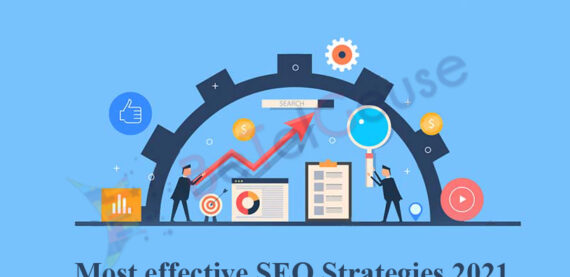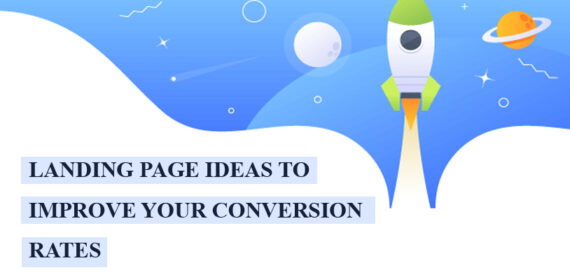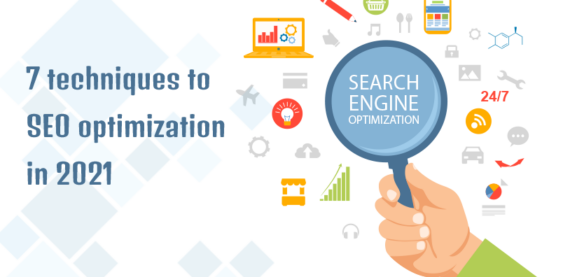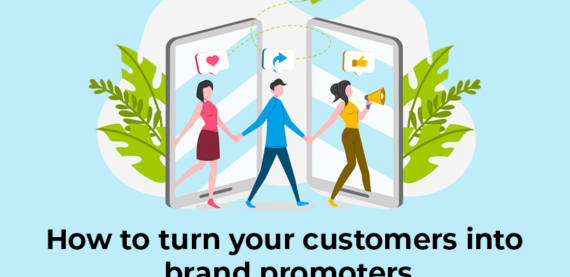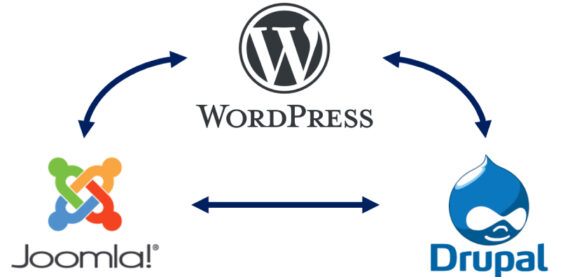SEO is a sustainable way to market your website. Using SEO to create a regular audience and generate consistent leads is essential for a website’s success. The way we buy things has changed dramatically over the last few years, and even more so with the recent COVID pandemic changing our normal patterns of life and how we go about shopping. Imagine that just ten years ago if you wanted a new TV for your home or a new machine for your business you generally bought it from your local store or from a salesperson who cold-called you. And this has changed entirely.
A business website now does the preliminary part of the sales process. After the research phase, the prospect calls the potential suppliers having done all the initial evaluations and sales process upfront.
Good SEO gets your foot in the door at the start of the evaluation process. You can’t afford to not be there when your client is looking for your products and services. Research has shown that potential buyers are most likely to choose from one of the top three results in a Google search — SEO is what gets your website there!
In the Western world, the largest search engines are Google, Youtube, and Bing. Google is by far the largest and most relevant for boosting traffic to your website as it’s the most frequently used site.
Most people don’t realize that Google is only an index of all the pages on the internet. What this means is that when you type your query into Google, it searches its index, and not the internet. That’s why Google is so fast to give you your search results. Once you click on the search result, Google redirects you to the website.
Website pages that are not listed on Google and other search engines are part of the Dark Web.
Google’s rise as the largest and most used search engine is because they are the best at providing you with the most relevant answers to your questions.
SEO’s goal is for your website to be one of the answers Google provides at the top of its list. Enter the art of SEO.
How do you do SEO?
SEO is a combination of many skills, but we can place them into three silos:
- On-page SEO
- Off-page SEO
- Content
Of the three, off-page SEO is the hardest to get right because it is a combination of great content and interpersonal skills. Both can be very challenging for most people!
On-page SEO
Betelgeuse defines on-page SEO as the practice of optimizing elements on a website (as opposed to links elsewhere on the internet and other external signals collectively known as “off-page SEO”) to improve search engine ranking and visibility.
The following elements are looked at when doing on-page SEO:
- Title Tag
- Meta Description
- Image Alt Text
- Internal Linking
- Duplicate Content
- Page Speed
- Conversion Rate Optimization
- Domains
- URL’s
- Redirects
Off-page SEO
Betelgeuse defines off-page SEO as actions taken outside of your website to impact your rankings within search engine results pages (SERPs). Optimizing for off-site ranking factors involves improving search engine and user perception of a site’s popularity, relevance, trustworthiness, and authority.
The following elements are looked at when doing off-page SEO:
- Backlinks
- Social Media Marketing
- Guest Blogging
- Linked and unlinked brand mentions
- Influencer Marketing
But by far, the most important element is backlinks. Backlinks take on many different forms but the three most relevant are:
1. Natural links: Someone links to a page on your site because they think it’s an appropriate resource.
2. Manually built links: Link-building activities can include things like getting customers to link to your site or asking influencers to share your content.
3. Self-created links: Adding an online directory listing, forum post, or blog comment with a link back to your website. (PS. These can get dodgy so use them carefully.)
Content
Google has become incredibly efficient at deciphering what high-quality original content is, and what’s just fluff. Unfortunately, most content on the web is just fluff. And that’s why it does not rank.
Keywords and keyword research are at the heart of great content that performs well with SEO. Every region has different keywords and phrases that searchers use to describe what they are searching for. If you want your SEO to rank, you need to find out what those keywords and phrases are. The next step is to create great content for that keyword/term that is better than the current ranking websites. This is easier said than done, as great content takes a long time to write. In addition, getting a copywriter to write it is not always the best solution because you know your business best. Copywriters often just regurgitate existing content on the web. It’s not plagiarised, but it’s not original either.
Google knows original content from regurgitated content. Their AI is getting incredibly smart. Write original content for SEO. Get subject matter experts in your business to write it. Get a copywriter to clean it up.
Keep up with the trends
Google is constantly updating its algorithm to improve the way that content shows up in its SERPs. What this means is that the content that might have ranked at the top of the SERPs five years ago, might not even make it onto the first page today, and that’s what makes SEO so tricky.














